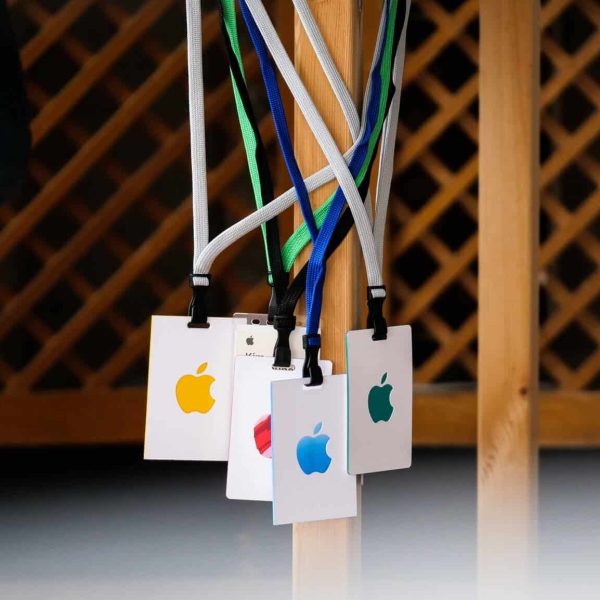
New Iphone 13
Coming Soon
Latest News
Data breaches break record in 2021
Most of us have, at some point, considered what we would do if we could travel back in time. Maybe we would give ourselves…
New footage from The Batman shows up.
Most of us have, at some point, considered what we would do if we could travel back in time. Maybe we would give ourselves…
What you should know about the Agency’s stance on 5G
Most of us have, at some point, considered what we would do if we could travel back in time. Maybe we would give ourselves…
What will Apple’s next phone be called? iPhone SE 3 or iPhone SE Plus 5G?
Most of us have, at some point, considered what we would do if we could travel back in time. Maybe we would give ourselves…
DDoS assaults on schools will continue to be launched by children.
Most of us have, at some point, considered what we would do if we could travel back in time. Maybe we would give ourselves…
Load More

























